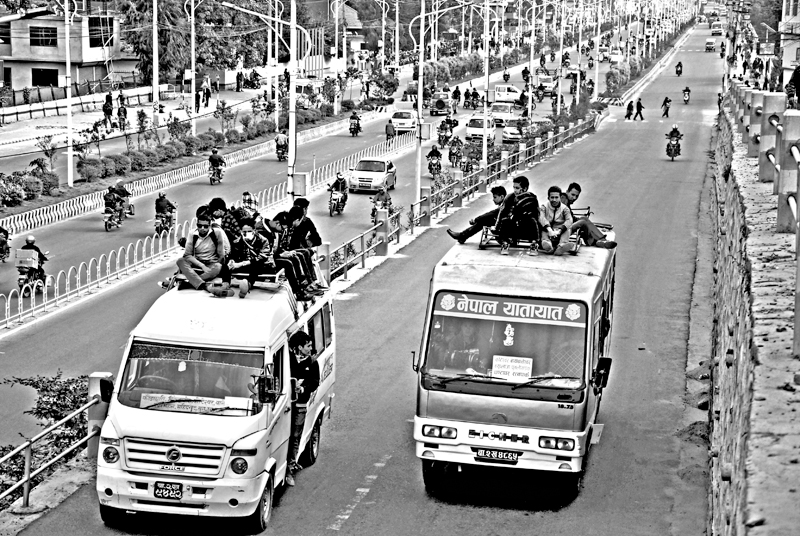LETTERS: End political bickering
The Madhes unrest has been going on for almost four months putting the lives of the general people in great difficulty. If this situation continues for some time more, many human casualties are likely to occur which will be extremely painful to hear and bear. However, both the ruling and agitating parties do not seem to budge an inch from their political stands blaming each other for this political deadlock. It is very unfortunate to see the people continue to suffer from this destructive politics played by some political leaders for their own political benefits. What could have happened if the big three parties had waited for a few more days to settle the political issues before promulgating the new Constitution? Now, the agitating parties have again started threatening to intensify their protest if the ruling parties do not become serious in solving the political issues (“UDMF to intensify stir: Mahato”, THT, Dec. 15, Page 1). Why doesn’t the government abide by the 11-point deal reached with Madhesi parties in order to avoid a more confrontational situation (“Implement 11-point agreement, says Yadav”, THT, Dec. 15, Page 1). Tens of thousands of people affected by the devastating earthquake have been miserably spending daily lives in the makeshift camps for the last eight months. Winter is now at their doorsteps. Donor organizations have started showing their concern about the government’s apathy towards these situations. Finally, the Reconstruction Bill has been tabled in Parliament and passed. Time has now come for ruling, opposition and agitating parties to soften their political stands and settle the political and constitutional issues amicably.
Rai Biren Bangdel,
Maharajgunj
Be polite
I was a viewer of an interview with Mahendra Raya Yadav of the United Democratic Madhesi Front by a TV Channel on Tuesday morning. I found Yadav very polite, cool and he handled the questions accordingly. On the contrary, the interviewer sounded rude with little sense of how the interview should be conducted.
I have noticed that some media persons violate the basic principles of interviewing. They try to show off and they think they are more important than the interviewees; they come across as smarty. But those who know a little about how media interviews should be conducted find that such interviewers are a liability to the organizations they work for.
Interviewing is an art which should be mastered by study and practice. But some of our journalists have not paid
attention to this need; as a result, their interviews rank among the bad interviews. With politeness, intelligent questions can be asked and important information can be elicited. On the contrary, the will to show off on the part of the interviewer will only affect the quality of interview. Moreover, while dealing with sensitive issues like religion, culture, gender, and ethnicity, extra care should be taken.
Kul Ratna Bajracharya,
Kathmandu






